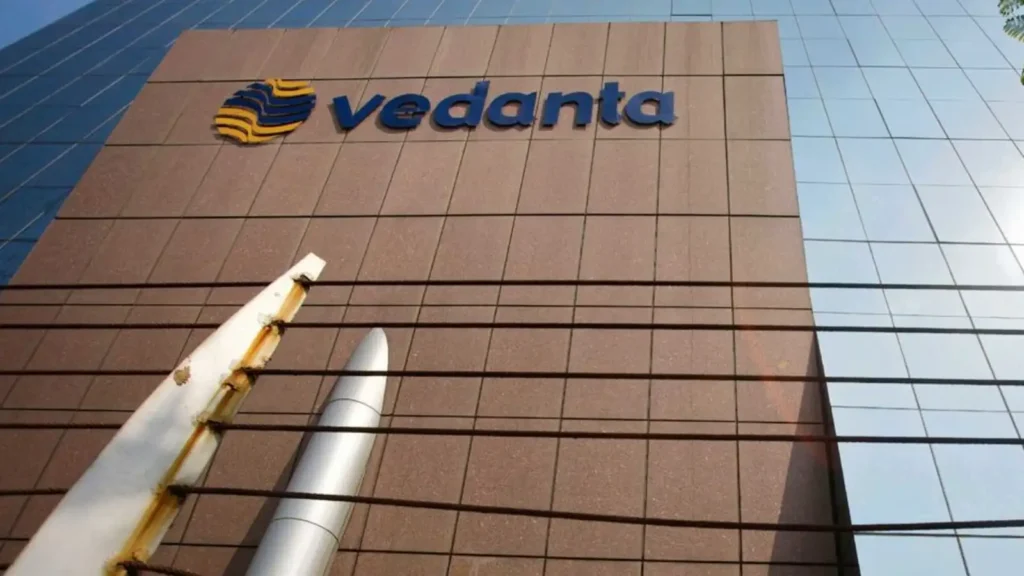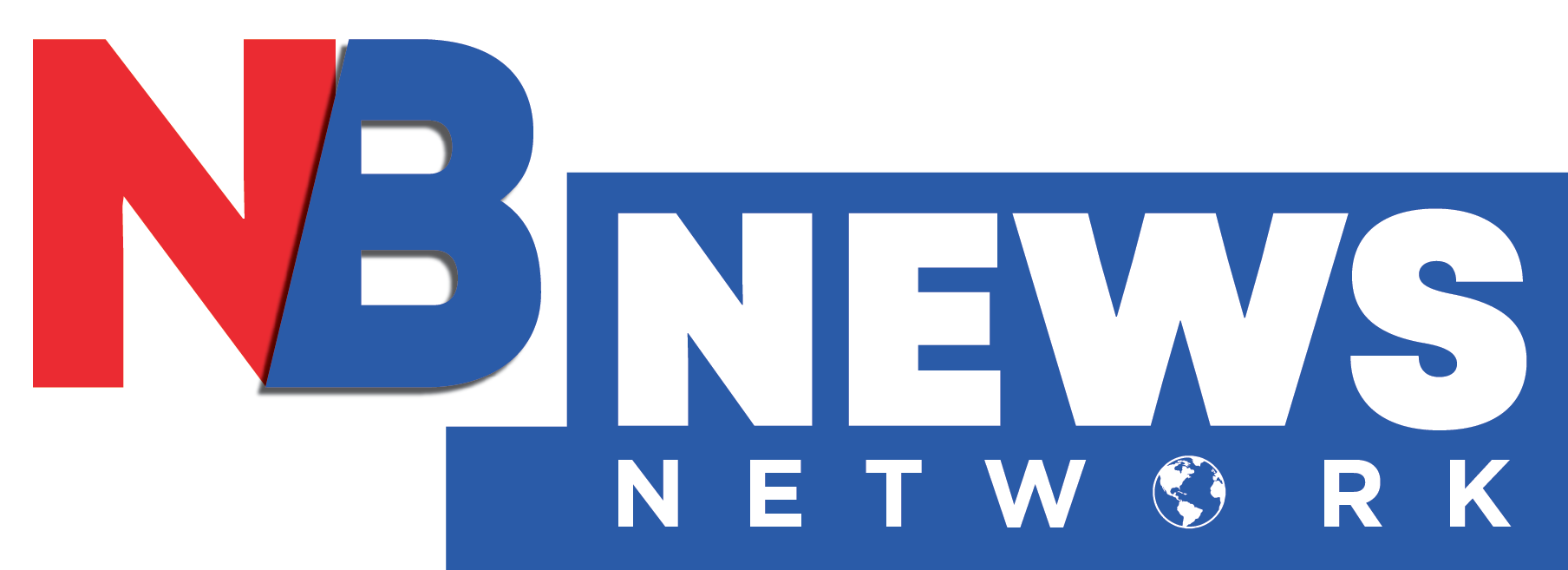In a letter to bondholders, London-based Vedanta Resources Limited (VRL), the parent company of the mining corporation Vedanta Ltd., which is listed on the Mumbai Stock Exchange, announced that it has obtained a term loan facility of up to USD 600 million, which will be utilized to repay an expensive private credit facility.
With other participating institutions, the remaining USD 220 million is anticipated to be finalized soon. The first tranche of USD 380 million has already been pledged.

A group of Gulf, Japanese, and European institutions, including First Abu Dhabi Bank, Mashreq, Sumitomo Mitsui Banking Corp, and Standard Chartered, are lenders for the USD 380 million facility.
The facility charges SOFR (Secured Overnight Financing Rate) plus 450 basis points and has a door-to-door tenor of more than four years with an average maturity of roughly three years.
The corporation will save over USD 50 million in interest annually as a result of the USD 550 million refinance, which will save over 900 basis points in interest rates.
In its release, VRL added, “This transaction underscores the sustained confidence of global financial institutions in Vedanta’s credit quality and strategic ambition. It demonstrates our dedication to long-term value generation, proactive refinancing, smart capital management, and enhanced financial flexibility.
In addition, VRL wants to raise its credit rating to BB levels because of its proactive refinances and better financial and operational results.
With the help of its strong profitability, steady free cash flows, continuous expansion initiatives, fortified balance sheet, and deleveraging strategies, the company hopes to get an Investment Grade rating in the medium run.
Institutional investors view companies with an investment-grade credit rating as safe investments since they have a strong ability to satisfy their financial obligations. Additionally, it enables a business to borrow funds at reduced interest rates, drawing in a wider pool of investors and making it simpler to access international debt markets.
The refinance is a component of VRL’s debt profile management strategy, which aims to extend maturities and optimize costs.
VRL deleverage its balance sheet by more than USD 4 billion over the previous three years, bringing its debt down to a decadal low of USD 4.9 billion as of March.
According to a recent results call, the firm is still focused on reducing its cost of financing and deleveraging. Its group-level debt decreased by USD 1.2 billion in FY25, of which USD 0.7 billion was at VRL and the remaining USD 0.5 billion was at Vedanta Limited, its Indian listed subsidiary.
Also check:- India is becoming more sustainable, but the entire world still lags behind SDG targets
The company and its parent company “now maintain a stronger leverage position (net debt to EBITDA ratio) than most of their key global peers,” the Indian conglomerate stated during its most recent earnings call.
By refinancing all of its USD 3.1 billion notes over the last several quarters, VRL has been able to stretch the duration to over eight years, flattening its maturity curve and lowering its average coupon rate and cash requirement by 250 basis points.

